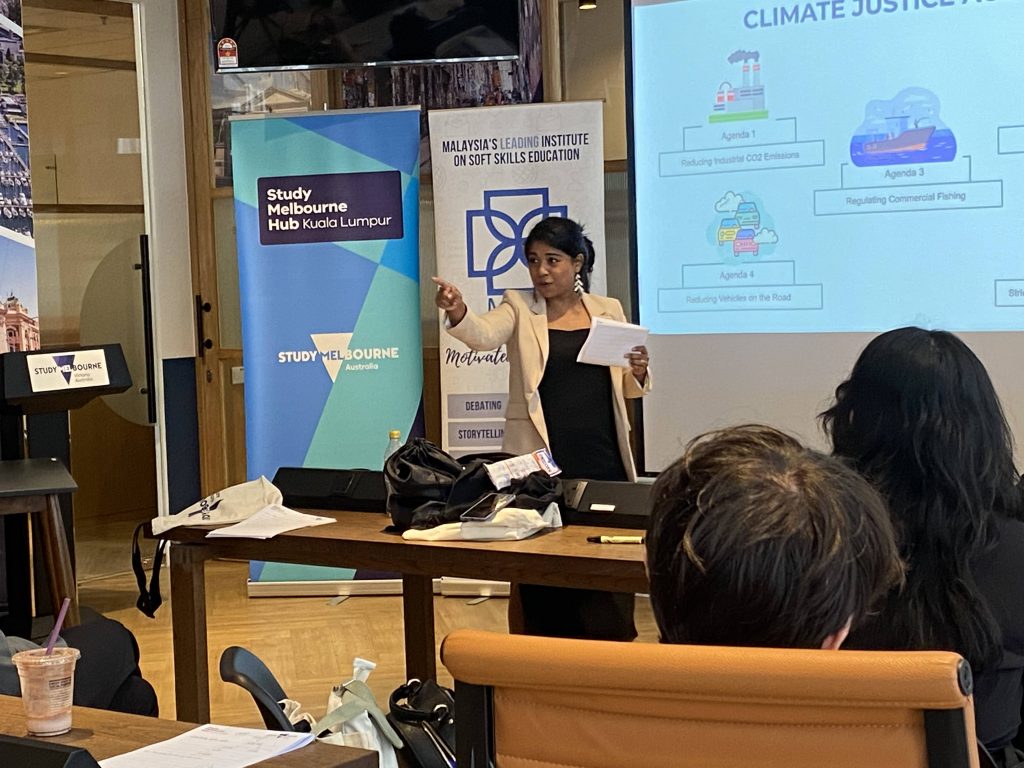By Lee Yan Cheng & Emellia Shariff
There are two types of people: those scared of interviews, and those who love them. Be it a scholarship or job interview, most interviewees share the same doubts – whether it’s about their choice of words, having the right answers, or how likeable they are. However, some people walk out of an interview feeling like they aced it; that they managed to communicate their value to the prospective employers effectively and left a great, lasting impression. For others, even if they managed to answer all interview questions substantively, they may not feel as happy with their performance.
The difference between these two groups of people is their confidence. At face value, confidence may appear to be a simple word, one that is often preached and praised by many. The truth is, confidence is like a Rubik’s cube. You don’t just magically solve a Rubik’s cube, there are very specific steps, formulas and approaches that can take you to the finish line. Confidence is the same – it does not magically appear overnight, nor does it come out of nowhere.

In order to cultivate a greater sense of confidence, interviewees need a good mastery of soft skills to guide them past their nervousness. According to the Malaysian Institute for Debate and Public Speaking (MIDP), soft skills are a combination of abilities, enabling people to realize their full potential as well as interact, engage, and navigate the world around them in a healthy and productive way.
The term “soft skills” is actually a bit of a misnomer, because there is nothing soft about them. They can be extremely tricky to develop, and are highly demanded in both personal and professional contexts in every single industry around the world. Soft skills are a prerequisite to confidence. When you have the skills to think critically, when you know that you are able to find innovative solutions to problems, as well as communicate them effectively, you will most definitely have higher confidence. And this leads to better performance and productivity in school or at the workplace.
However, do not mistake confidence with perfection. Being a confident person doesn’t mean that you believe that you will always have the right answers. In fact, it is the opposite. Confidence is the courage to try your best, even when you may get it wrong. Confident people are comfortable with failures, in fact, they embrace it. This is because they trust that they have the mental and emotional resilience to learn from their mistakes, as well as the skills to try again, and fail better the next time.
Most people think that being a confident and charismatic speaker is a talent. At MIDP, we radically disagree. We believe that these soft skills are muscles that can be developed, trained and mastered through consistent, regimented practice. We often say, when it comes to growth, it is not about practicing until you get it right, but practicing until you cannot get it wrong. This is why soft skills education should be a continuous learning process to ensure consistent growth into every role and position through various stages of life.
Most people struggle to develop their soft skills simply because there is no clear path to learn them in the existing education system in our country. To bridge this gap, we need to provide opportunities for students to develop their soft skills through other activities such as co-curricular activities and extra leadership roles in school or within their community. Some of these activities include debating, public speaking, story telling, poetry, drama or other intellectual and physical group sports. As a result, mastering them usually happens through the school of hard knocks and stumbles, a lot of trial and error.
Despite these challenges, we absolutely believe in soft skills education. How can we not? We would not be where we are today, had it not been for the weekly classes and rigorous competitions which we put ourselves through during our school and varsity years. With each knock and stumble, they shape you into a better individual. They set you apart from others. They make you stand out, even when you’re not really trying. Doesn’t that sound great?


